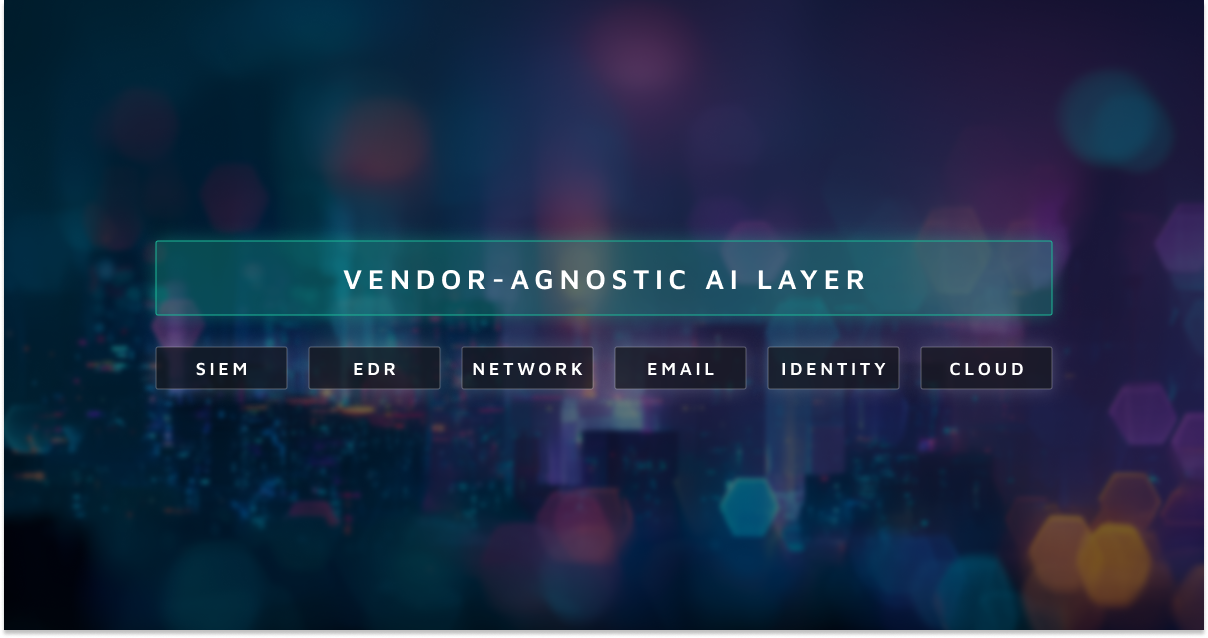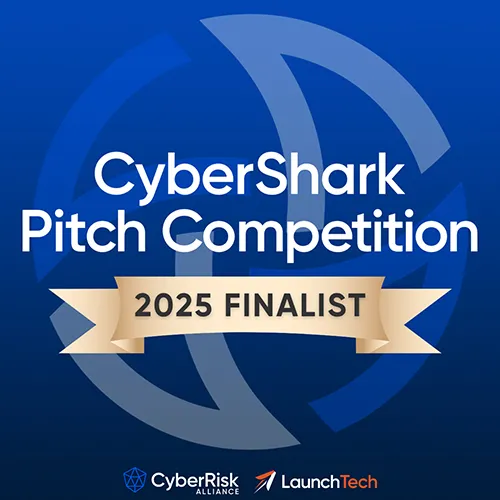The Importance of Prioritizing AI Agents
As cybersecurity threats continue to grow in volume and complexity, Security Operations Centers (SOCs) are facing mounting workloads. AI agents, autonomous tools designed to execute goal-oriented tasks, are emerging as a critical solution for these challenges. For cybersecurity teams, 2025 is the year to prioritize AI agents to enhance efficiency, reduce burnout, and enable teams to focus on strategic initiatives.
What Are AI Agents?
AI agents operate autonomously, making decisions based on predefined goals and real-time data. Unlike AI copilots, which require continuous human guidance, AI agents work independently while providing results and actionable insights to their human counterparts.
These agents are designed to:
- Perform routine and repetitive tasks such as alert triage.
- Prioritize threats based on context and severity.
- Automate data gathering and analysis to accelerate investigations.
Why AI Agents Matter in 2025
Increasing Alert Volumes
SOCs are overwhelmed by the sheer number of alerts generated daily. AI agents can:
- Process alerts autonomously, reducing the burden on human analysts.
- Prioritize real threats while filtering out false positives.
Time Savings
AI agents significantly reduce the time required for routine investigations. For example:
- Investigating a phishing alert manually may take 25 minutes. With AI agents, this process is cut to under 10 minutes.
- Over a month, these savings can free up hundreds of hours for SOC teams.
Analyst Burnout
The constant pressure to manage alert volumes contributes to analyst burnout. AI agents alleviate this by:
- Handling repetitive tasks, allowing analysts to focus on strategic decision-making.
- Supporting team well-being by reducing cognitive overload.
Steps to Implement AI Agents
1. Reallocate Budgets
Investing in AI agents requires careful budget planning. SOCs can:
- Redirect funds from legacy tools that no longer deliver ROI.
- Focus on scalable AI solutions that integrate with existing systems.
2. Define Success Metrics
Success should be measured by:
- Time saved on routine tasks.
- Reduction in alert backlogs.
- Improved accuracy in threat detection and response.
3. Integrate AI Agents with Existing Workflows
AI agents work best when seamlessly integrated into current SOC operations. Key considerations include:
- Compatibility with existing security tools.
- Training teams to leverage AI outputs effectively.
AI Agents as Team Members
AI agents are not replacements for human analysts but powerful collaborators. By handling repetitive tasks, AI agents:
- Empower analysts to focus on high-value work.
- Enhance team productivity and satisfaction.
Key Takeaways
- AI agents reduce alert fatigue and save time, enabling SOCs to focus on strategic initiatives.
- 2025 is the year to prioritize AI agents as part of your cybersecurity strategy.
- With proper implementation, AI agents complement human expertise and drive operational efficiency.
Final Thoughts
AI agents are set to transform cybersecurity in 2025. By prioritizing their implementation, SOCs can achieve significant efficiency gains, reduce analyst burnout, and strengthen their overall security posture. Now is the time to act and position your team for success in the rapidly evolving landscape of cybersecurity.
.png)













